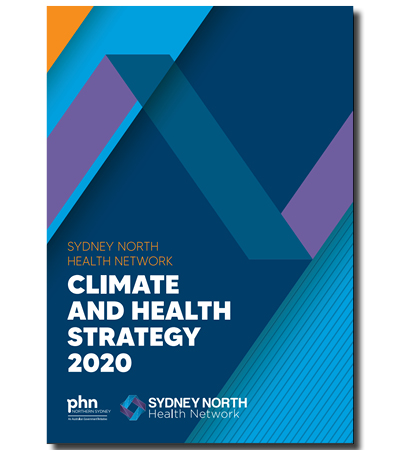
The World Health Organisation (WHO) has declared Climate Change ‘the greatest threat to global health in the 21st century’, calling on the health sector to take action to fulfill its duty of care to protect the health of current and future generations. (World Health Organisation 2015, Climate and Human Health)
Climate change increasingly affects people’s health and wellbeing. Australians are set to experience ongoing and increasingly severe physical and mental health challenges from climate-related hazards and disasters. Given the health implications, tackling climate change has been identified as the greatest global health opportunity of the 21st century.
Action is needed across all levels of government, industry, the community, and the health sector to reverse the global warming trend and protect the health of communities.
The primary care sector, in particular, has an opportunity to leverage and support existing local leadership to build the resilience of communities through capacity building and health promotion activities, and by leveraging its leadership position in communities, to raise awareness and reduce the direct and indirect impacts of climate on health.
Our Climate and Health Strategy 2020 places a climate focus over our established SNHN strategic direction, creating an organisation that considers the impact of climate on health in all our operational policies, procedures and decisions. It is anticipated that this document will evolve over time in line with community expectations, emerging research, and SNHN climate and health maturing capabilities.
Our five strategic goals, presented in the SNHN Strategic Plan 2018-23, highlight the priority focus areas of the organisation:
- Community Activation
- System Transformation
- Commissioning
- Member and Provider Support
- An Exceptional Organisation

